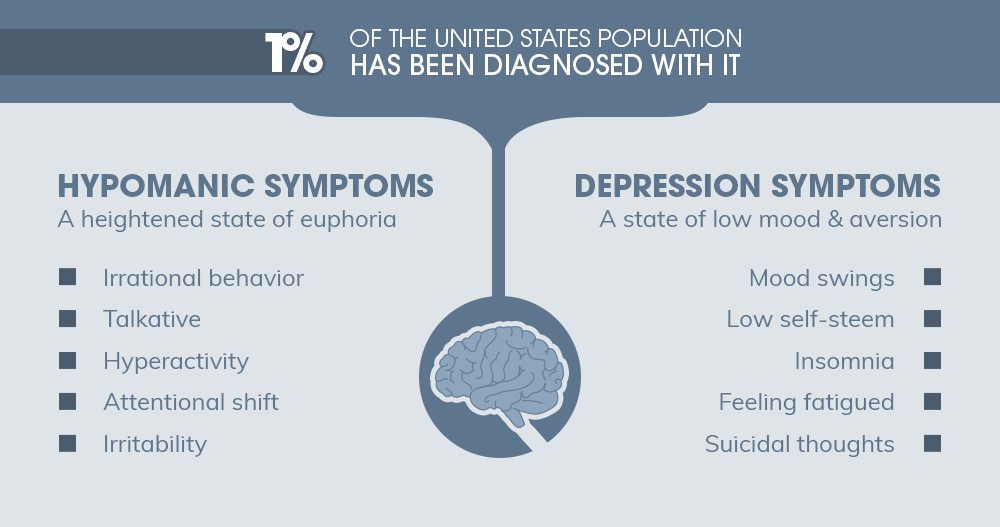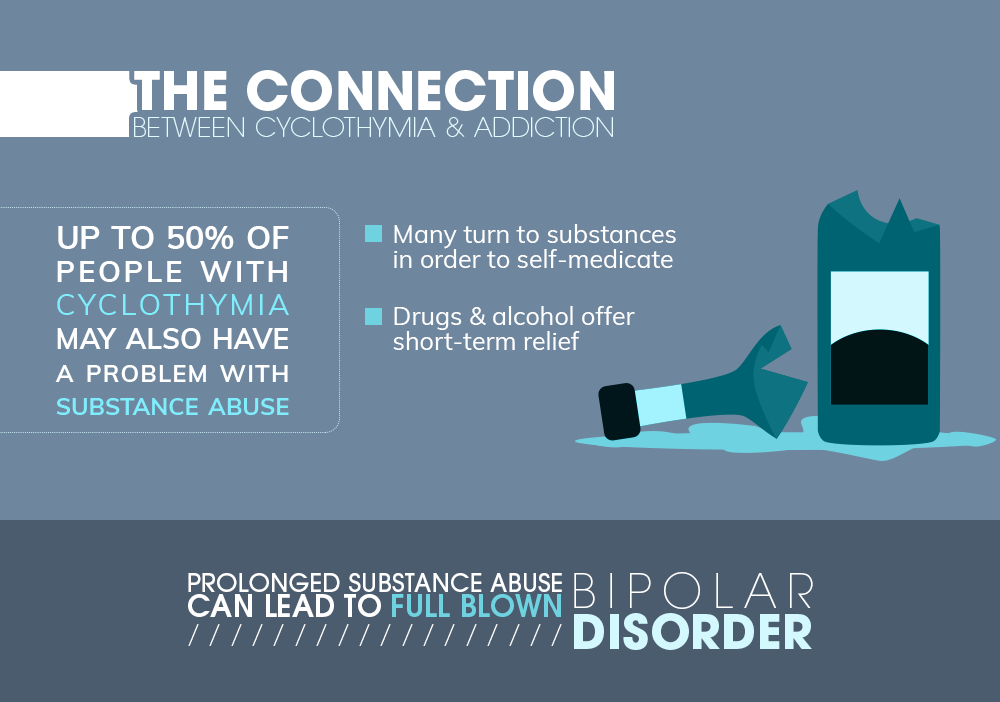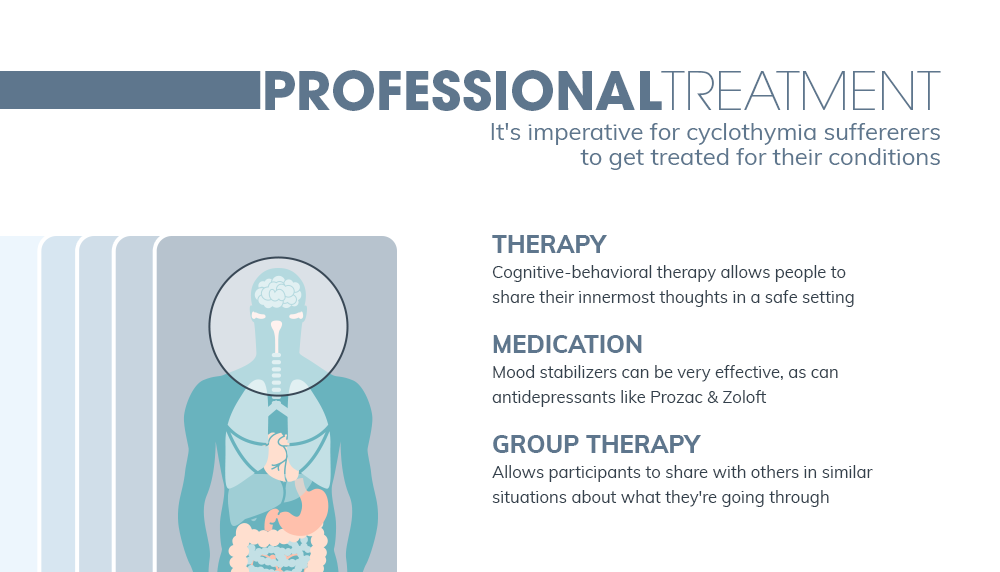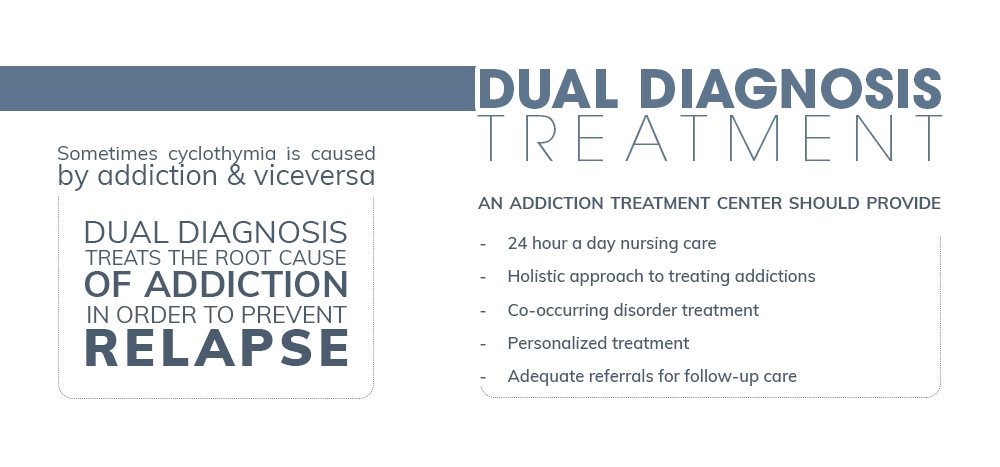Location
Our Washington Location
Our inpatient facility is located in Washington, and will serve Washington state. It will provide a safe & therapeutic environment for both our staff and patients.
- Edmonds
7416 212th St SW,
Edmonds, WA 98026
Cyclothymic disorder may be more common than you think. A type of bipolar disorder, people often self-medicate and self-soothe with drugs and alcohol to ease cyclothymic symptoms. Bipolar disorder treatment at Northpoint Washington provides comprehensive dual diagnosis for addiction and mental health treatment.
If you or a loved one are struggling with cyclothymic disorder or other types of bipolar disorder, call Northpoint Washington today. At Northpoint Washington, help clients living with cyclothymic disorder every day. Reach us now at 888.450.2153 to get started with dual diagnosis and cyclothymic disorder treatment in Edmonds, Washington, today.

Cyclothymic disorder is known as a mild form of bipolar disorder. Studies show at least 1% of the population lives with diagnosed cyclothymic disorder. Social stigmas around mental health can make it hard to seek diagnosis and treatment for cyclothymic disorder and other mood disorders. Unfortunately, mood disorders are often misdiagnosed or undiagnosed, leading many people with bipolar disorder to self-medicate to manage symptoms. Like other forms of bipolar disorder, cyclothymic is characterized by states of mania or high energy, followed by depression. Without a diagnosis and understanding, the effects of cyclothymic disorder can be overwhelming and scary.

People who live with Cyclothymia will shift between extreme sets of symptoms. This can be unpredictable and unnerving for them and the people around them. Their mood shifts can be very unpredictable and disrupt their lives.
During a manic episode, people may experience:
The depressive symptoms of cyclothymic disorder include:
Oscillating between the two extremes of cyclothymic disorder can be difficult. The treatment program at Northpoint Washington can help you and your loved ones understand, treat, and manage cyclothymic disorder symptoms for long-term recovery and health.

Dual diagnosis treatment (or integrative addiction treatment) Dual diagnosis treatment (or integrative addiction treatment) helps people understand, manage, and treat co-occurring disorders. Cyclothymic disorder might be one of the most under diagnosed mental health conditions. Often, undiagnosed cyclothymic disorder leads to addiction. Unfortunately, if someone living with cyclothymic disorder or other mood disorders only receives treatment for addiction, they are likely to reuse during their next manic or depressive episode. By treating mental health alongside addiction, clients begin to understand their own brains, moods, and thought patterns. They also learn that their addiction story might be very similar to others. At Northpoint Washington, our integrative approach brings clients together through group therapy to gain new perspectives and treat both bipolar disorder and addiction.


At least half of people living with cyclothymic disorder have never been diagnosed. If you or someone you love is experiencing the symptoms above, call Northpoint Washington now. Our comprehensive integrative treatment programs provide dual diagnosis to help. Clients at Northpoint Washington enjoy individual and group therapy alongside medical help through medication, residential rehab, and other programs for overall-health. At Northpoint Washington, we know you or your loved ones may feel alone in bipolar disorder. Our mental health treatment programs can help you better understand and shift your moods, emotions, and behaviors for a well-balanced life.
Call our staff now 888.450.2153 for more information on our mental health treatment programs. Get started today!

Our admissions coordinators are here to help you get started with treatment the right way. They'll verify your health insurance, help set up travel arrangements, and make sure your transition into treatment is smooth and hassle-free.
888.450.2153Contact Us